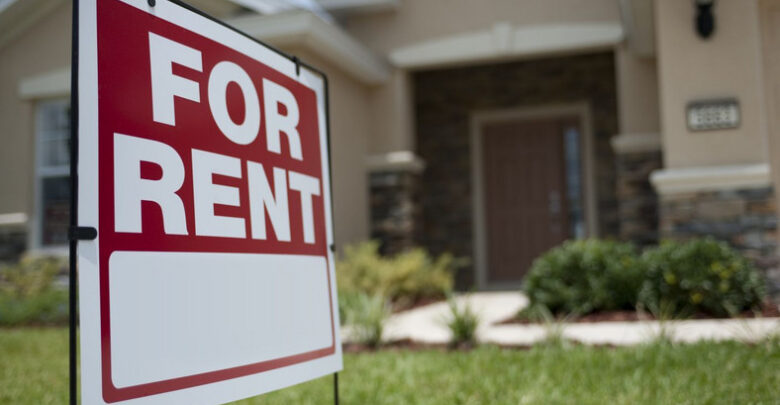
- You will be paying more for a roof over your head in the next couple of months, as the federal and state governments rummage the land for more sources of badly needed revenue. Crude oil accounts for 70 percent of government revenue and about 10 percent of Gross Domestic Product (GDP).
Your landlord is about to increase your house rent because the law says he should.
You will be paying more for a roof over your head in the next couple of months, as the federal and state governments rummage the land for more sources of badly needed revenue.
Crude oil accounts for 70 percent of government revenue and about 10 percent of Gross Domestic Product (GDP).
However, due to the novel coronavirus pandemic, the price of crude oil in the international market has continued to plummet–well below Nigeria’s 2020 budget benchmark of $57 per barrel.
Stamp duties have therefore become the new cash cow for a cash strapped federal government in the face of dwindling revenue from oil.
For context, the Federal Inland Revenue Service (FIRS) collected a total of N20 billion in stamp duty from Money Deposit Banks (MDBs) between January and June of 2020.
Comparatively, only a total of N18 billion was collected as stamp duty in 2019.
A N50 stamp duty is charged on all deposits and electronic transfers of Naira-denominated current and savings accounts for transactions of N10,000 and above.
The charge is mandated by the Finance Act of 2019, and the revenue is remitted to the federal government.
What is stamp duty in Nigeria?
There is something called the Stamp Duties Act in Nigeria.
That means this whole thing is a law which has been around for a while. We are just going back to it now because we are broke as a nation.
Stamp duty is a tax payable in respect of dutiable instruments as provided under the Stamp Duties Act, CAP S8, LFN 2004 (as amended).
Dutiable instruments include the following: Agreements, Contracts, Receipts, Memorandum of Understanding (MoU), Promissory notes, Insurance policies etc.
Stamp duties have been a part of our nation’s laws since Ordinance 41 of 1939.
The Stamp Duties Act has gone through several amendments since the 1930s. The latest amendment is called the Finance Act of 2019.
The 2019 amendment recognises technology, e-commerce and cross border transactions as taxable instruments.
Which is why you have started paying duties when you use a Point Of Sale (POS) machine or when you send or receive money online via your bank app.
Stamp duty can be charged on physical and electronic instruments in two ways: (1) Ad-valorem, which is a percentage payment and (2) Flat rate, where a fixed sum is charged, irrespective of the amount of the financial instrument.
What is the stamp duty on rent?
According to the FIRS, if you pay rent to your landlord henceforth, the landlord is mandated to charge you a stamp duty which will then be emptied into the state or federal accounts.
The government has now asked landlords and property agents to charge 0.78% stamp duty on tenancy and lease agreements they enter into and remit same promptly.
For instance, if the lease term is less than 7 years, the stamp duty rate is N780 for a rent of N100,000.
If your rent is N700, 000 for instance, the landlord will charge you 0.78% of that amount which is N5,460.
For a term of 7 to 21 years, the stamp duty rate is 3% which is N3,000 for rent of N100,000.
For a term of above 21 years, stamp duty rate is 6%, that is N6,000 for N100,000 rent.
According to financial analyst Taiwo Oyedele, “given that most people enter into rent agreements for less than 7 years, the applicable stamp duty rate to most people will be 0.78%.
“If you are an individual renting from another individual, your stamp duty is payable to the state tax authority such as LIRS if you are resident in Lagos. If either the tenant or the landlord is a company, then the duty is payable to FIRS.
“The obligation to pay stamp duty on rent rests with the tenant. However, FIRS is seeking to appoint the landlord as the agent to collect and remit the tax.”
Your landlord is actually mandated to collect that money because the FIRS or LIRS (in the case of Lagos) will hold him responsible if he/she doesn’t.
This is how the FIRS puts it: “The MDBs (Money Deposit Banks), landlords and other executors of chargeable transactions are only agents of collection whose duties are to ensure that the stamp duties due on each transaction is remitted to the federal or state governments stamp duties account as and when due.
“It is the responsibility of companies, MDBs, landlords, executors, to ensure that service providers, contractors, tenants etc, pay stamp duties due on agreements, receipts and other dutiable instruments.”



